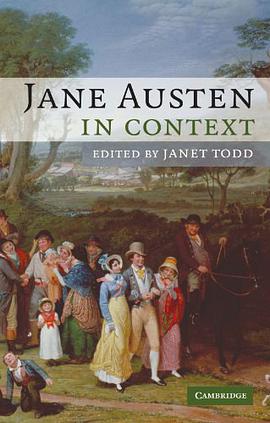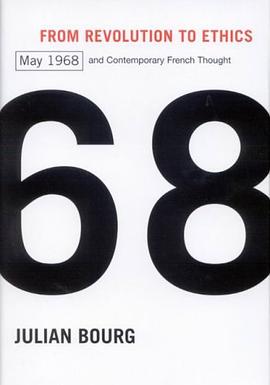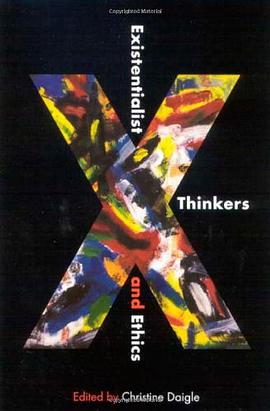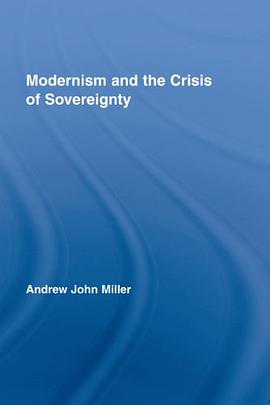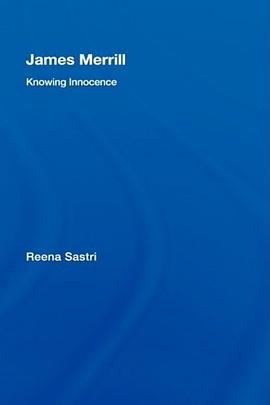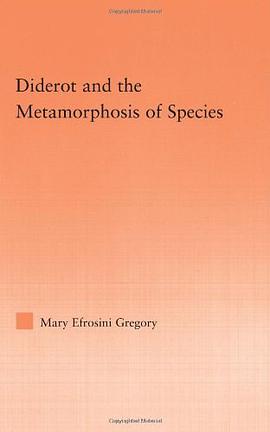

具體描述
Jesse Matz examines the writing of such modernists as Henry James, Joseph Conrad and Virginia Woolf, who used the word 'impression' to describe what they wanted their fiction to present. Matz redefines literary Impressionism, focusing on the way that impressions destroy standard perceptual distinctions between thinking and sensing, believing and suspecting. He argues that these writers favoured not immediate subjective sense, but rather a mode that would mediate perceptual distinctions. Just as impressions fall somewhere between thought and sense, Impressionist fiction occupies the middle ground between opposite ways of engaging with the world. Matz also argues that the resulting confusion becomes a basic plot feature of modernist fiction. This wide-ranging 2001 study addresses the problems of perception and representation that occupied writers in the early decades of the twentieth century.
著者簡介
圖書目錄
讀後感
評分
評分
評分
評分
用戶評價
相關圖書
本站所有內容均為互聯網搜索引擎提供的公開搜索信息,本站不存儲任何數據與內容,任何內容與數據均與本站無關,如有需要請聯繫相關搜索引擎包括但不限於百度,google,bing,sogou 等
© 2025 book.quotespace.org All Rights Reserved. 小美書屋 版权所有

